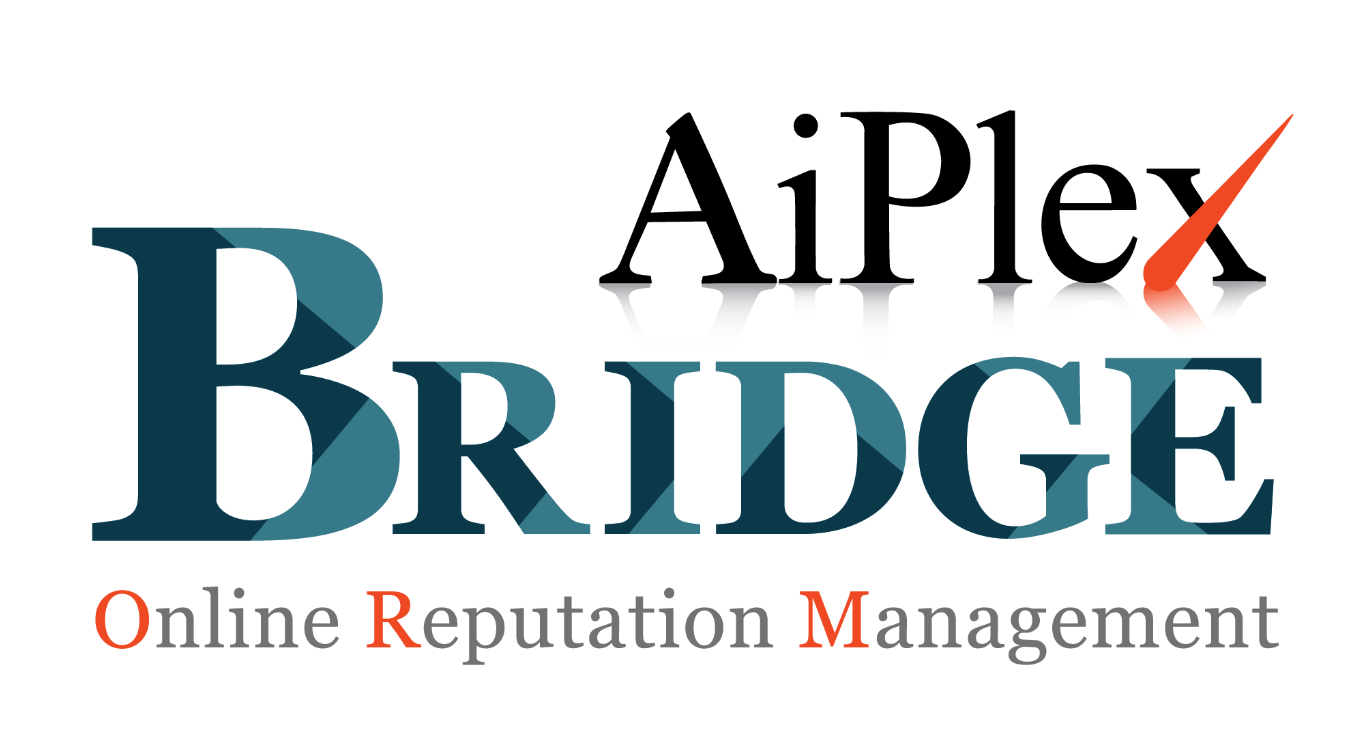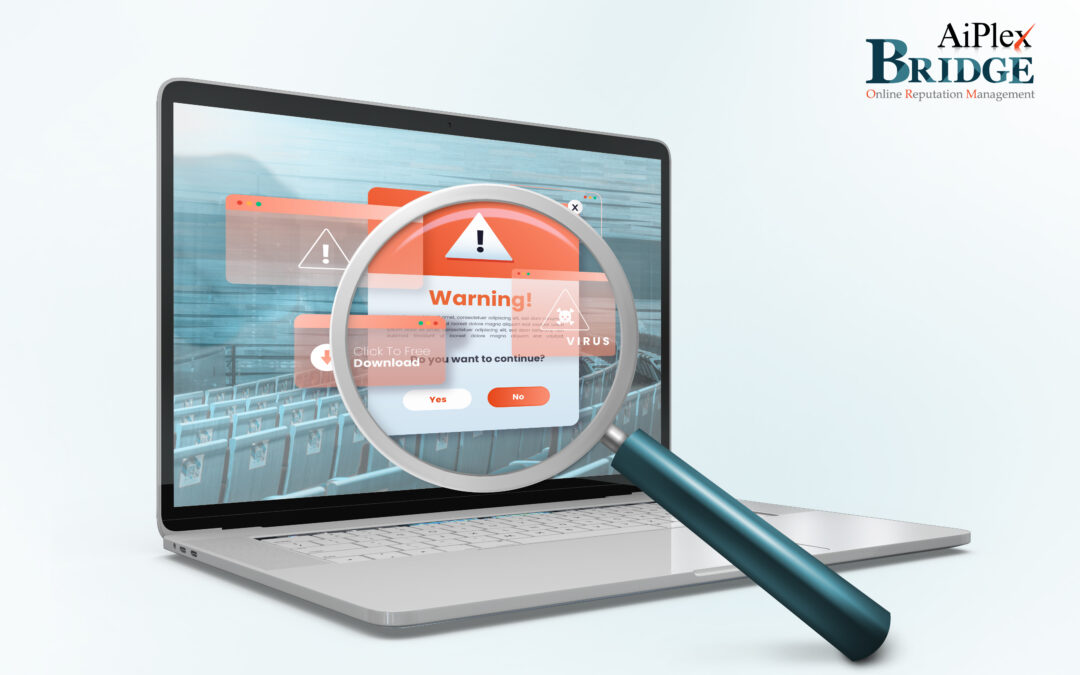
Online Reputation Management for E-Learning Platforms
by AX Admin | Jan 3, 2024 | Online Reputation Management
Online reputation management is crucial in the constantly changing world of e-learning platforms and education technology (ed tech). Ed tech platforms need to be aware of how online reviews affect their brand perception in a time when consumers make decisions based on their digital presence. When parents are looking for educational solutions for their kids, they frequently start the customer journey by sifting through different platforms and reading reviews on sites like Reddit, Quora, Google My Business (GMB), and Facebook. Given the significant influence these reviews have on opinion formation, educational technology companies must prioritize and actively manage their online reputation.
The Power of Reviews:
Parents in today’s world are more skeptical than ever and want guarantees before sending their kids to an online school. Review sites and social media have emerged as the primary resources for assessing the dependability and effectiveness of educational technology services. While unfavorable reviews can quickly undermine trust, favorable ones can serve as strong endorsements. Therefore, the first step in protecting and improving the reputation of an ed tech platform is realizing the importance of online reviews.
The Customer Journey:
Envision a worried parent setting out to discover the best educational technology platform for their child. Their first inclination is to go to social media sites, discussion boards, and online forums where they can find real-life accounts of other parents’ experiences. Reddit and Quora turn into online forums where people discuss ideas, and Facebook and GMB function as online gathering spots where people can air complaints or express gratitude.
Social Listening and Response:
Ed tech companies must practice social listening, which involves keeping an eye on online discussions about their brand across a range of channels. This entails keeping a close eye on mentions, reviews, and comments. Through this approach, platforms can obtain significant insights into user sentiments, promptly address concerns, and leverage positive feedback.
Responding to Online Reviews:
Reacting to reviews—both positive and negative—is a fundamental component of successful online reputation management. While responding to negative reviews shows a dedication to customer satisfaction and improvement, gratefully acknowledging positive reviews strengthens a positive brand image. A thoughtful response plan converts possible critics into supporters by demonstrating transparency and encouraging fruitful discussion.
Building Trust through Transparency:
Potential users are more likely to trust an online reputation management strategy that is responsive and transparent. Parents form a favorable opinion of an ed tech platform when they witness it actively interacting with its user base, responding to issues, and constantly enhancing its offerings. A brand’s dedication to its users is demonstrated by its well-managed online reputation, which is a crucial component in the decision-making process.
Conclusion:
Online Reputation Management is not only a need but a choice in the cutthroat world of educational technology, where trust is of the utmost importance. Education technology platforms can establish themselves as reliable collaborators in a child’s learning process by emphasizing social listening, responding to online reviews, and maintaining an open and transparent online presence. Ed tech companies can maintain a positive online reputation and draw more parents and students to their creative and dependable educational solutions by realizing how important it is for online reviews to shape opinions.





